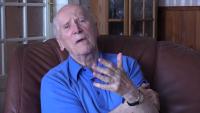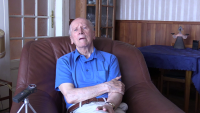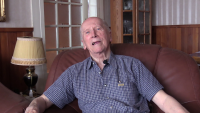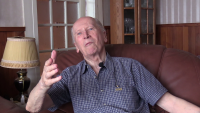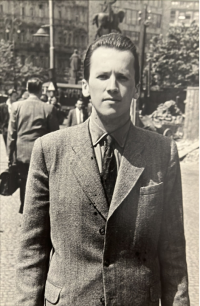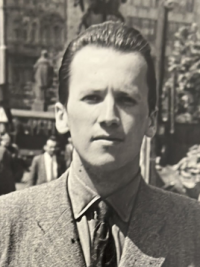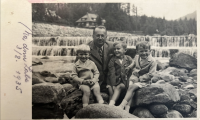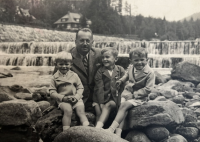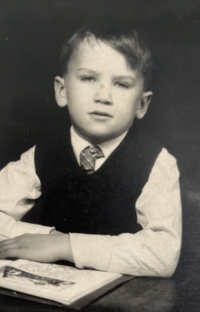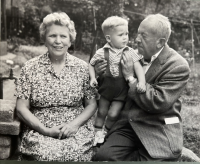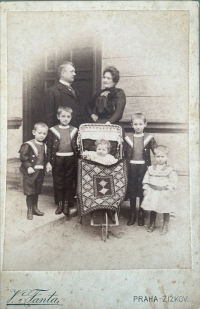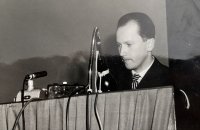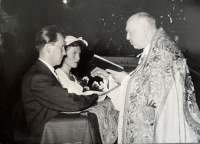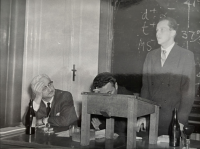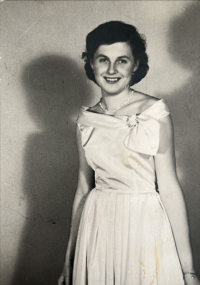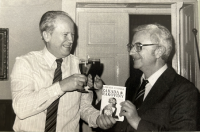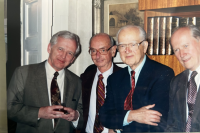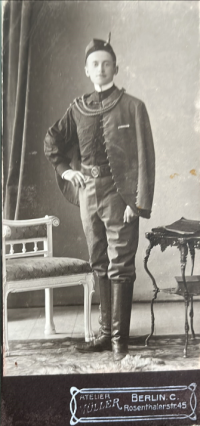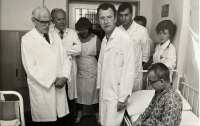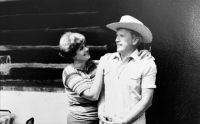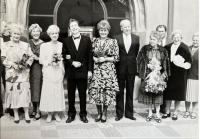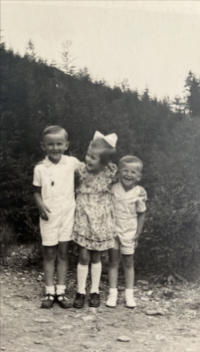Politicized genetics nearly cost me studies at the Faculty of Medicine

Download image
Prof. MUDr. Vladimír Vonka, DrSc. was born on 31 July 1930 in Prague to a family of Eduard Vonka, a clerk in Orionka in Vinohrady, and his wife Vlasta who worked there as well. He grew up with two brothers Eduard and Jiří. He studied at the Faculty of Medicine at Charles University from 1949 and graduated from it in 1955. He started his medical career at the internal and isolation department of the hospital in Ústí nad Labem. In June 1956, he started to work at the Department of Viral Neuroinfections at the Institute of Epidemiology and Microbiology in Prague. The entire department soon transferred to the Research Institute of Immunology, which became part of the Institute of Serums and Vaccines. In the second half of the 1950s, he was among the scientists who participated in solving the issue of vaccination against polio. In 1960, he visited the USA for the first time when he participated in a polio vaccination conference. In the 1960s, he had two long-time study stays in the USA. He worked as a WHO scholar under the famous virologist J. L. Melnick at Baylor College of Medicine in Houston from 1964 to 1965. He worked as a visiting scholar at the same place from 1968 to 1969. The main field of his research in the USA were human tumour viruses. Tumour viruses became the main field of his research work after his return to Prague. From 1976 to 1983, he and gynaecologist J. Kaňka led a large cohort study that significantly contributed to the identification of viral causative agents of cervical cancer. In 1991, he and the entire Department of Experimental Virology transferred to the Institute of Haematology and Blood Transfusion. Immunology and prevention of tumour were his main fields of research there. In 1994, he was among the founding members of The Learned society of the Czech Republic. Since 1957, he has been married to Jarmila who worked as a dentist. They raised their son Richard who is also a doctor. He (Vladimír) is the author of more than three hundred publications concerning epidemiology, immunology, virus genetics, and the development of antiviral and anticancer vaccines, as well as the author or co-author of several monographs. He received the Medal for Merit in Science from the President of the Republic Václav Klaus in 2005.
